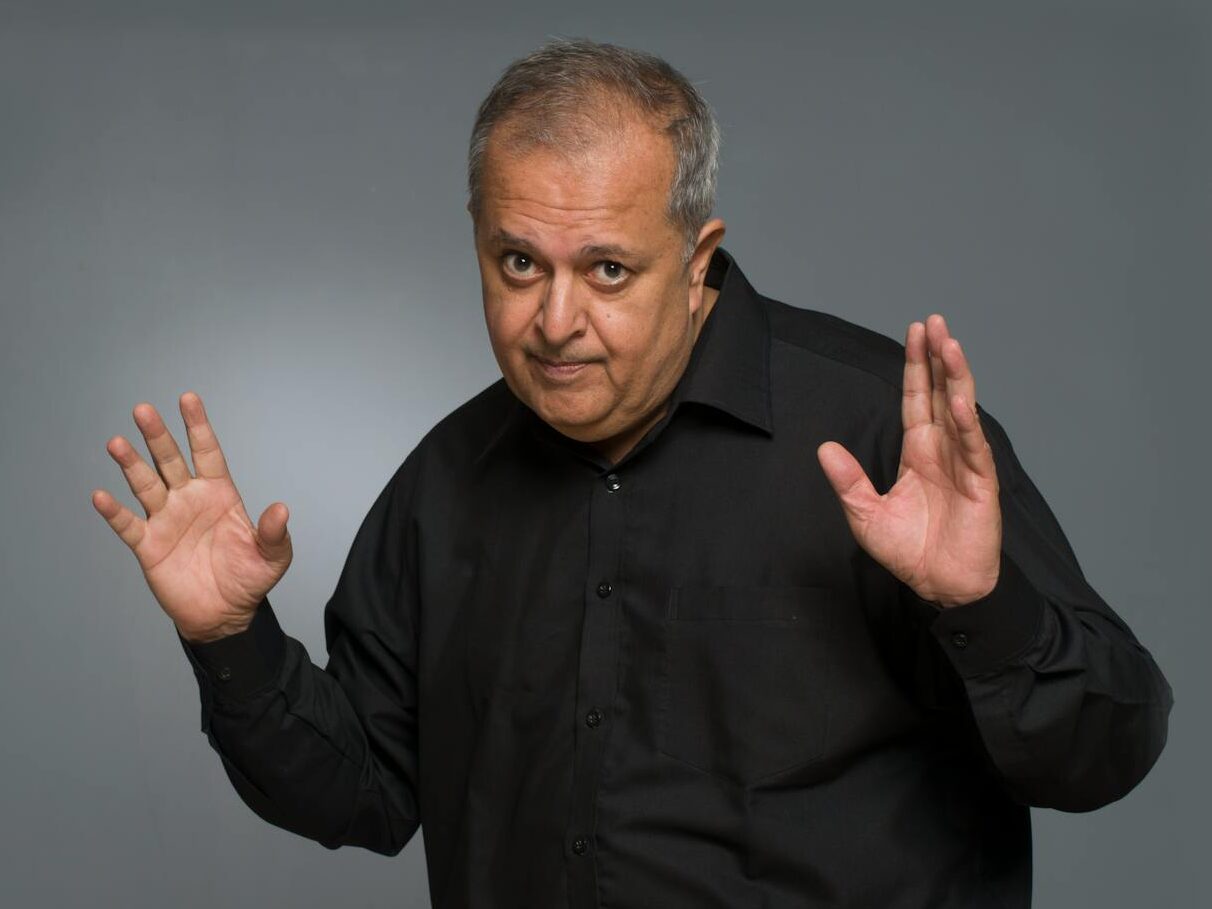
Getting older comes with wisdom and freedom, but it also brings some tough realities that people don’t always talk about. Life after 65 can be rewarding in many ways, yet it changes your body, your relationships, and your daily routine in ways you can’t ignore. Here are 15 brutal truths about life after 65 that show what this stage is really like.
Slower Recovery Times

Your body doesn’t bounce back the way it used to. A simple cold, small injury, or surgery takes much longer to heal. What used to be just a few days of rest can now stretch into weeks. It’s very frustrating to feel limited, and it forces you to plan more carefully. Health isn’t something you can take lightly after 65, because recovery requires much more patience.
Losing Friends More Often
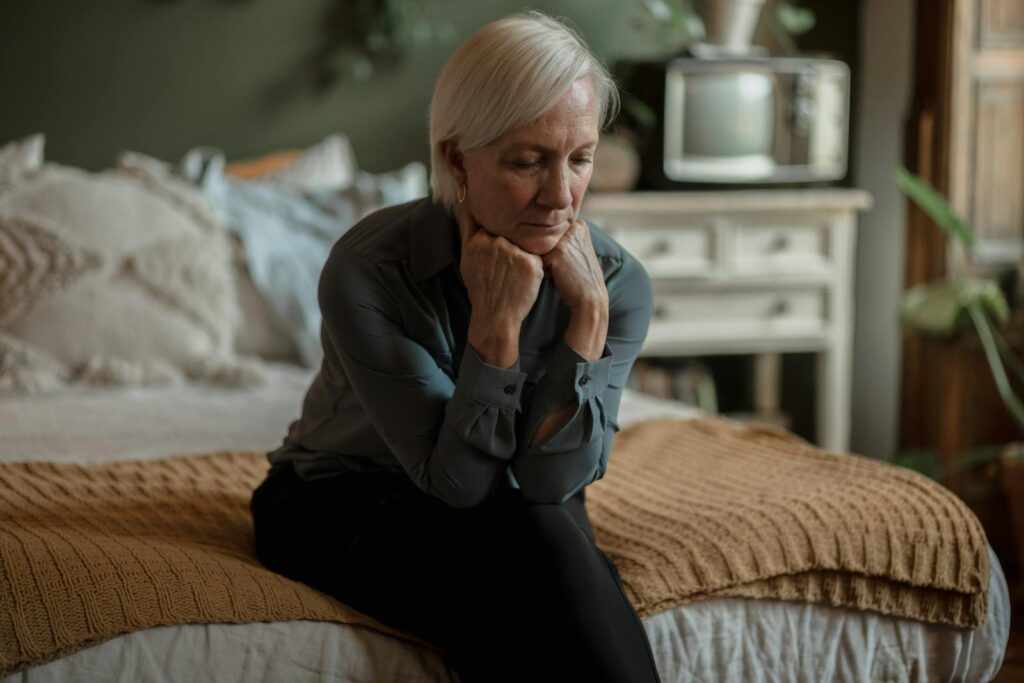
You start losing more people around you as you age. Friends, neighbors, and even family members pass away, and it changes the way the community feels. Social circles shrink quickly, and loneliness becomes a big challenge for you. The absence of best friends is very hard to fill, even when you meet new people. Life after 65 often means dealing with much more loss than before.
Less Financial Security

Many people assume that retirement will be stress-free, but money concerns don’t magically disappear. Fixed incomes, medical expenses, and unexpected costs can make budgeting pretty tough. Inflation makes it even harder, and savings don’t always stretch as far as you’d like. Instead of feeling free, you sometimes worry too much more about every dollar. Financial insecurity is a brutal reality that hits many after 65.
Declining Energy Levels
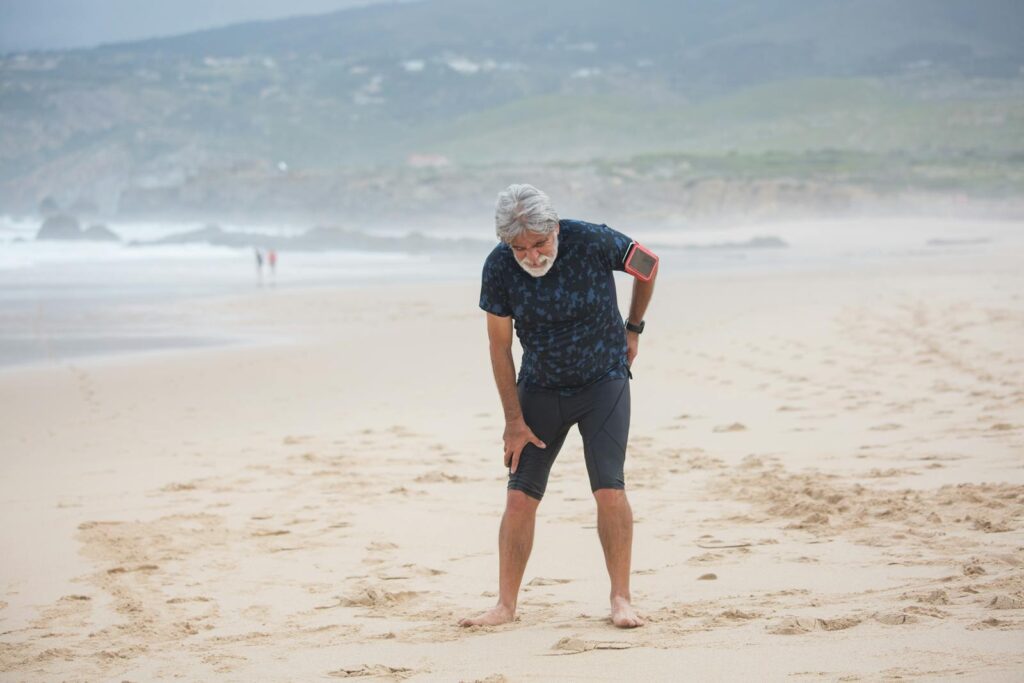
You can still enjoy life, but energy just is not the same. Things you once did easily now leave you feeling worn out pretty fast. Traveling, housework, or even long social events require planning and recovery. It’s not that you stop enjoying them; it just takes much more effort. This decline in stamina can be very discouraging, but it’s one of those truths you can’t avoid.
Health Becomes a Daily Focus

After 65, staying healthy becomes less about prevention and much more about management. Doctor visits and tests become part of everyday life. Conversations with friends sometimes revolve around aches, pains, or treatments. While you can still stay active and eat well, health is always in the background. It’s a brutal truth that the body demands much more attention than it used to.
Losing Independence

Even simple things like driving at night, climbing stairs, or carrying groceries become harder with age. Relying on others more often feels frustrating, especially if you’ve always been independent. It’s pretty hard to accept that you can’t do everything on your own anymore. Losing independence isn’t always sudden, but the small limitations add up until you realize life feels very different than it once did.
Changes in Appearance

Aging shows up in ways that are hard to ignore as your wrinkles deepen, hair thins, and posture shifts. Even if you accept it, the mirror can feel like a reminder of time passing faster than you want. Society puts a lot of value on youth, and that makes these changes feel pretty harsh. After 65, appearance becomes less about looks and much more about acceptance.
Technology Feels Overwhelming

The pace of change in technology is exhausting. Phones, apps, online banking, and even medical portals seem to update constantly. What feels natural to younger generations feels like a learning curve for older adults. Falling behind makes you feel disconnected and asking for help can be frustrating. After 65, keeping up with technology requires much more effort than expected.
Family Dynamics Shift

Children grow up, have their own families, and their priorities change. Visits become less frequent, and sometimes you feel left out of their busy lives. Grandchildren bring joy, but they also remind you how fast time is moving. It can be very hard not to feel replaced or sidelined. Family life is still important after 65, but it usually looks pretty different than before.
Loneliness Creeps In
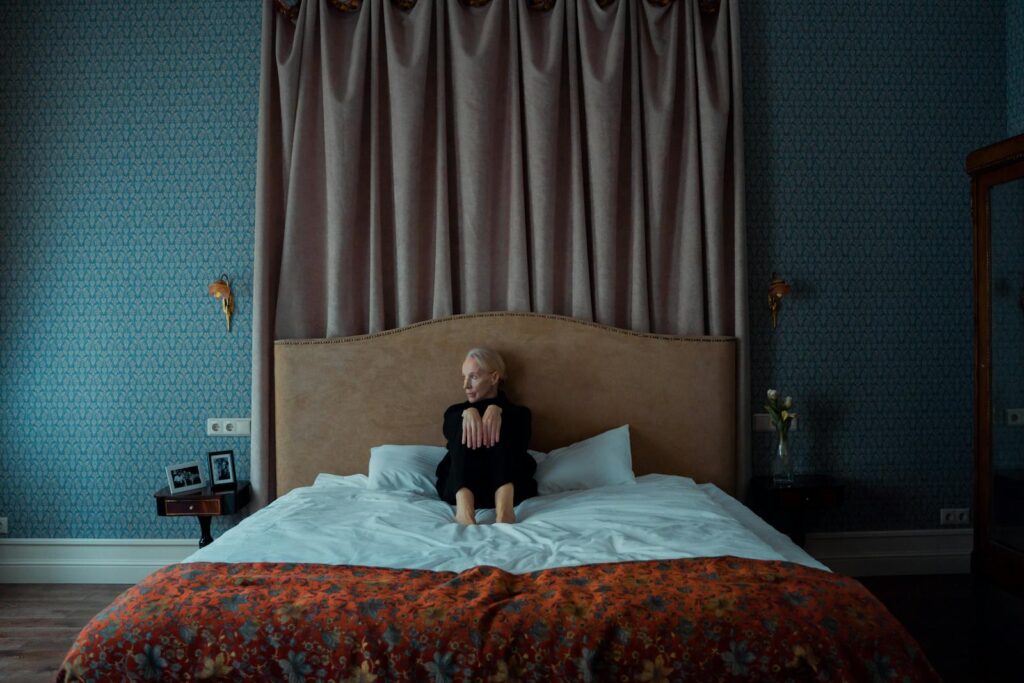
Loneliness becomes much more common after 65 even if you try to stay active. Friends move away, partners may pass, and social gatherings aren’t as easy to attend. You can fill the days with hobbies, but nights and holidays sometimes feel very quiet. Loneliness isn’t always constant, but when it shows up, it hits pretty hard. Staying connected requires much more intentional effort than ever before.
Fewer Career Opportunities

If you still want to work after retirement, your options are limited. Age discrimination is very much real, and many workplaces assume that older people can’t keep up. Even if you bring years of experience, the chances are slimmer. It can feel frustrating, especially if you want to stay active or earn extra income. After 65, finding work is possible but usually much harder than expected.
Fear of the Future
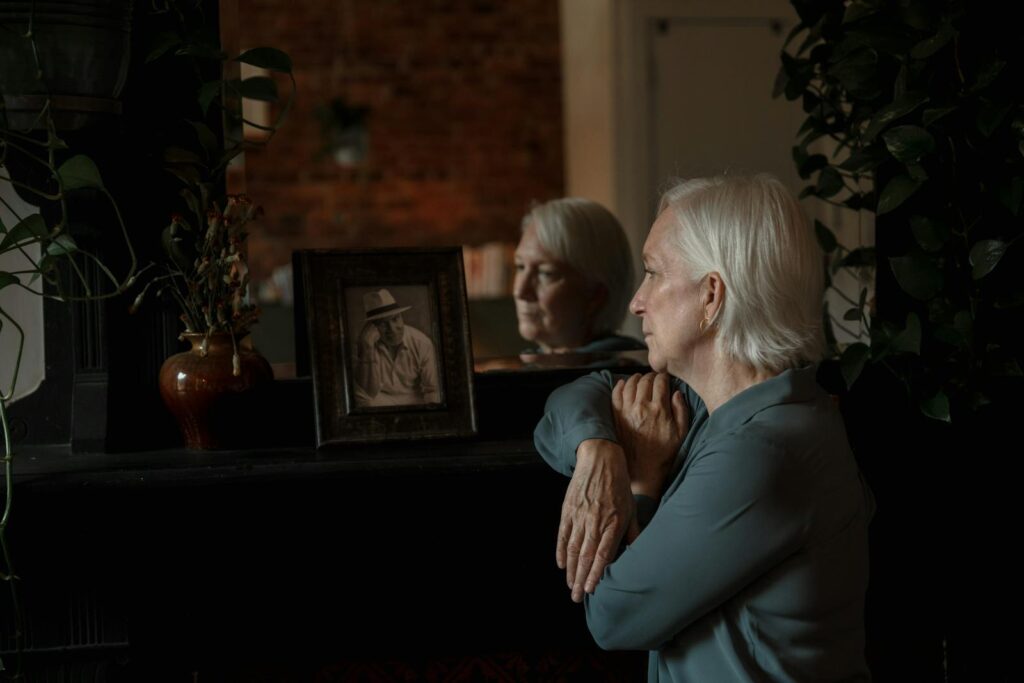
Thoughts about the end of life become much more common. Worries about illness, nursing homes, or even death itself start creeping in more often. It’s tough to live with that awareness, even if you believe in hope beyond this life. Fear doesn’t always dominate your life, but it lingers in the background. Life after retirement means facing questions about the future that feel heavy.
Losing Physical Strength

Tasks like lifting, bending, or even opening jars shows how our strength fades over time. You can still stay active, but your body has limits that weren’t there before. It’s very frustrating to notice weakness in simple routines. What used to feel effortless now takes much more planning. Accepting those changes is part of aging, but it’s a brutal reminder that strength doesn’t last forever.
Shifting Social Roles

You may no longer be the center of attention in family or community life. Younger people step up, and your role becomes more supportive than leading. While it’s natural, it can feel like you’re less important. Purpose doesn’t disappear, but it changes, and that adjustment is pretty hard for some. Life after 65 requires finding meaning in much more subtle, everyday ways.
Time Feels Shorter
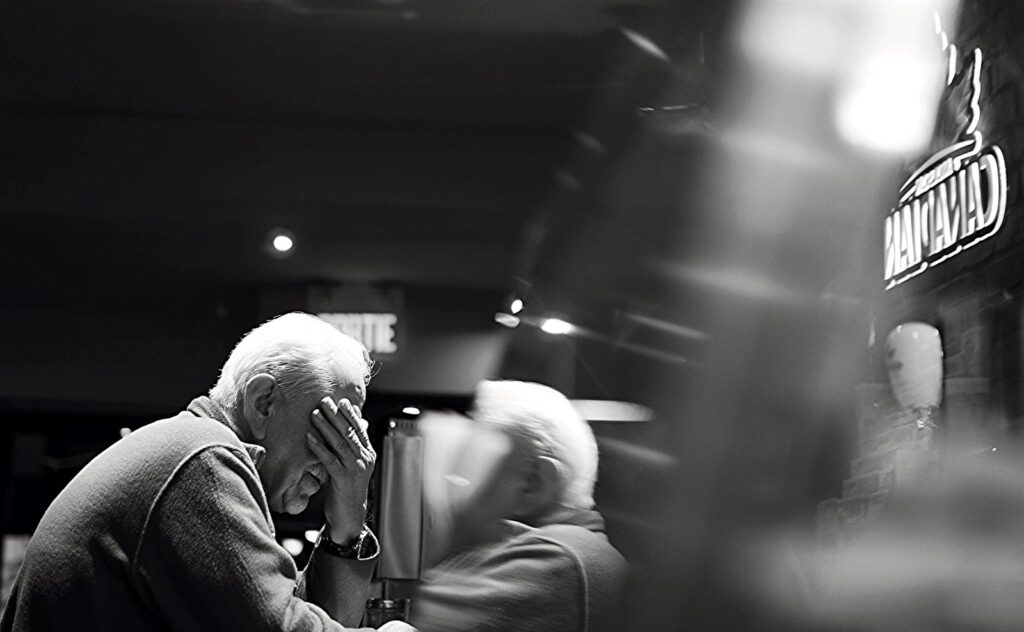
Perhaps the hardest truth is how quickly time seems to move. Days, months, and years fly by faster, and you realize that you have fewer left ahead than behind. That awareness makes every single choice feel much more important. It can bring urgency but also a little sadness. Time feels like your most precious gift and it’s something you can’t get back once it’s gone.

